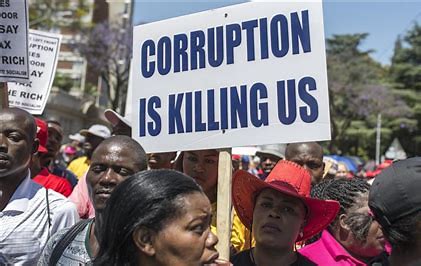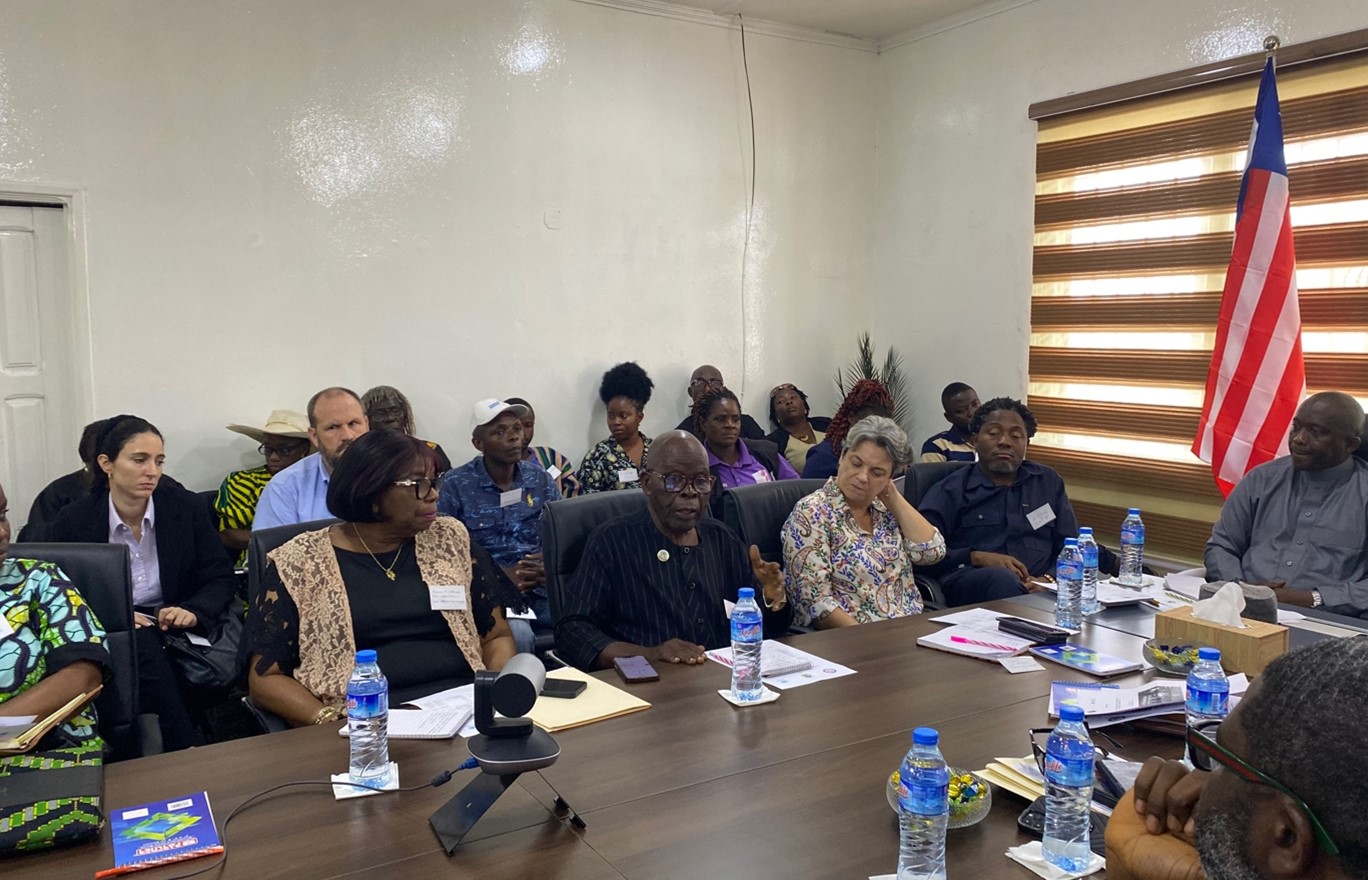


THE RECENT RENEGOTIATION of the yellow machine deal, which saw the cost of procuring 285 pieces of equipment reduced from $43 million to $22 million, is a welcome step toward fiscal responsibility. WHILE THE REDUCTION in cost is a positive outcome, it is far from enough. The Liberian government must now prove its commitment to transparency and accountability by ensuring that the entire renegotiation process is open to full scrutiny. There can be no room for secrecy or corruption in such significant public procurement deals. THE RENEGOTIATION, SPEARHEADED by Vice President Jeremiah Kpan Koung, is certainly a response to public outcry over the original deal, which many perceived as outrageously overpriced. DESPITE PUBLIC RELIEF at the reduced cost, a troubling report by activist Martin Kollie revealed that the initial deal negotiated by Minister of State Mamaka Bility and other senior government officials was valued at $79 million—almost four times the renegotiated price. This conflicting information raises serious questions about the integrity of the initial procurement process and demands immediate investigation.
Cllr. Dempster Brown(center), at a recent meeting of the international community of the Office of War and Economic Crimes Court of Liberia. Credit: Anthony Stephens/New Narratives. The Independent National Commission on Human Rights, Liberia’s independent human rights body, has condemned the government for what it calls “the snail pace of support” to the Office of War and Economic Crimes Court of Liberia.
The Commission issued its critique in a statement after Dr. Jallah Barbu, executive director of the Office, told a gathering of local and international transitional justice stakeholders that the Office had again run out funds. It took several months for the government to release last year’s allocation of funds to Dr. Barbu’s office after he was appointed in November. Now, Dr. Barbu said, the government had yet to release $US300,000 allocated to the Office in the 2025 national budget. “The Commission asserts that this seeming retrogression leading to the delay in the establishment of the War and Economic Crimes Court, undermines the hopes and aspirations of all Liberians who are seeking accountability for relatives and friends who became victims in the hands of warlords. The Commission reminds the government of Liberia that the duty to ensure the prosecution of war crimes is an erga omnes obligation,” said Cllr. Dempster Brown, head of the Commission, in a statement using the Latin phrase used in international law and meaning “towards all.” “Thus, the government owes it to the Liberian people and the international community to investigate and prosecute those who commit war and economic crimes.”
